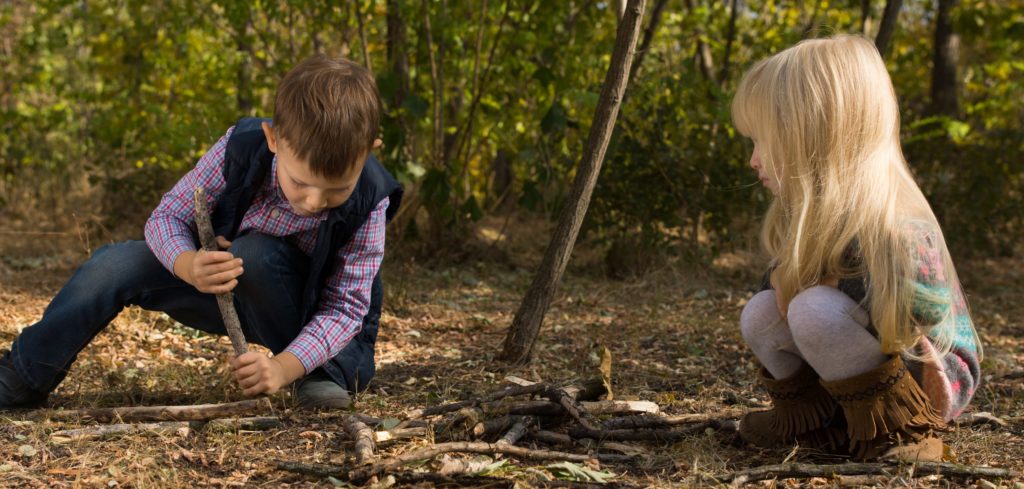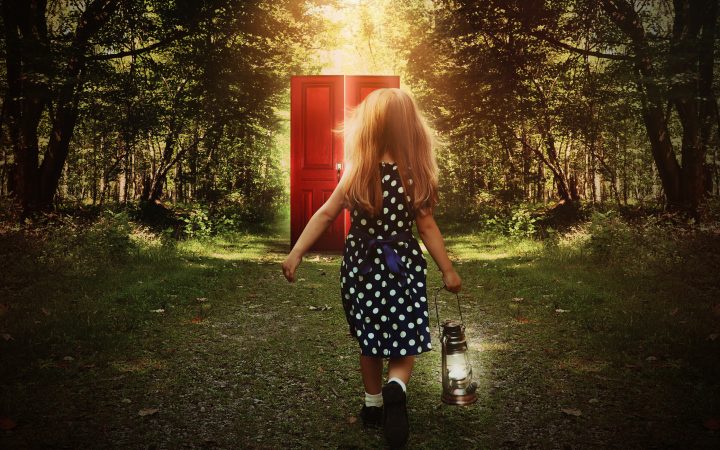Healing our Children’s Nature Deficit

The shift in our relationship to the natural world is startling, even in settings that one would assume are devoted to nature. Not that long ago, summer camp was a place where you camped, hiked in the woods, learned about plants and animals, or told firelight stories about ghosts or mountain lions. As likely as not today, “summer camp’ is a weight-loss camp, or a computer camp.
For a new generation, nature is more abstraction than reality.
Increasingly, nature is something to watch, to consume, to wear—to ignore.
A television ad depicts a four-wheel-drive SUV racing along a breathtakingly beautiful mountain stream—while in the backseat two children watch a movie on a flip-down video screen, oblivious to the landscape and water beyond the windows. Our society is teaching young people to avoid direct experience in nature.
As the young spend less and less of their lives in natural surroundings, their senses narrow, physiologically and psychologically, and this reduces the richness of human experience.
Yet, at the very moment that the bond is breaking between the young and the natural world, a growing body of research links our mental, physical, and spiritual health directly to our association with nature—
in positive ways. Several of these studies suggest that thoughtful exposure of youngsters to nature can be a powerful form of therapy for attention-deficit disorders and other maladies.
As one scientist puts it, we can now assume that just as children need good nutrition and adequate sleep, they may very well need contact with nature.
Reducing that deficit—healing the broken bond between our young and nature—is in our self-interest, not only because aesthetics or justice demands it, but also because our mental, physical, and spiritual health depends upon it. The health of the earth is at stake as well.
This is an edited excerpt from Last Child in the Woods: Saving our children from nature-deficit disorder.
About the Author
Richard Louv is a journalist and the author of several books which have helped to launch an international movement to connect children and their families to nature. His latest, Vitamin N: 500 ways to enrich the health and happiness of your family and community, is available at bookshops or online.

